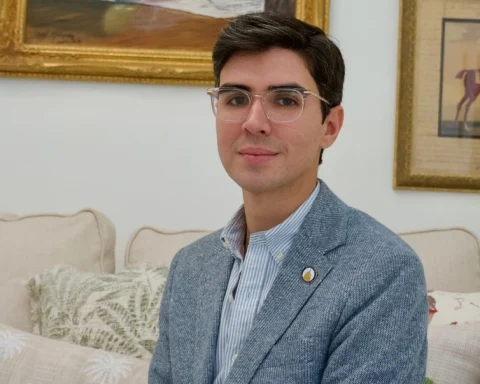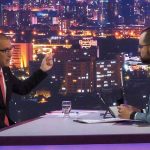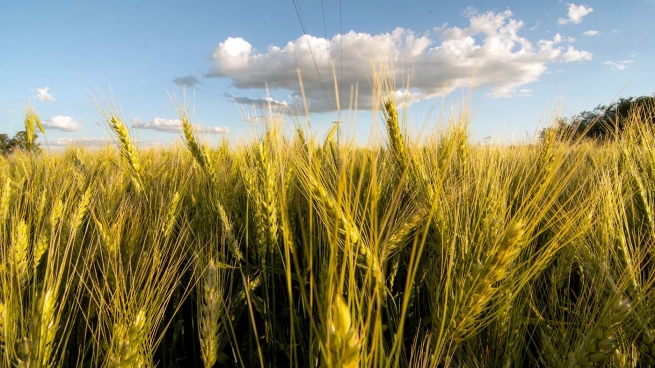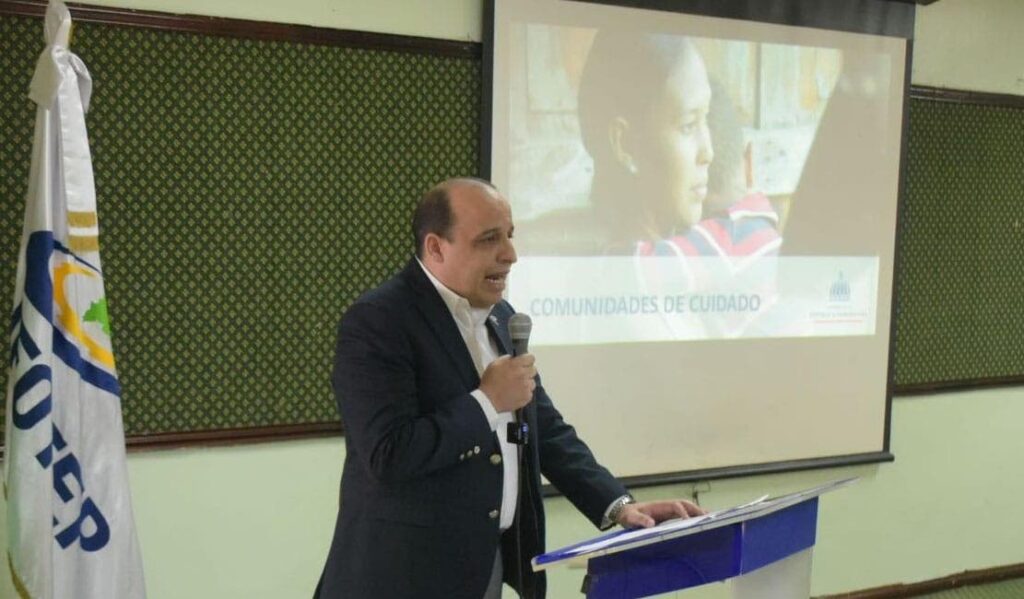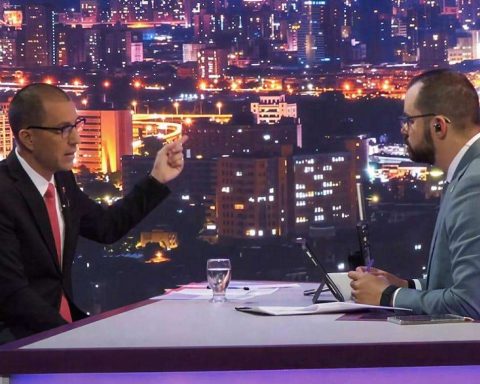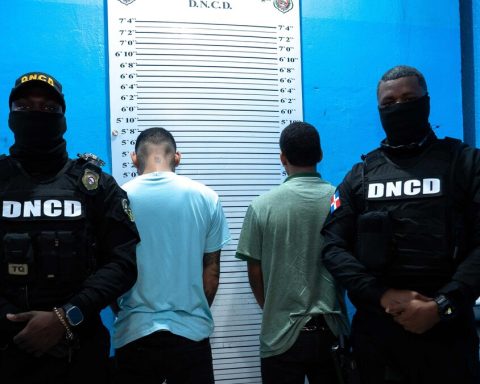Of 1,516 delegates to the National Convention, which will ratify him in office on the 13th in the province of Veraguas, 1,058 gave him their support, while only 444 voted in favor of his main rival at the polls, former deputy Katleen Levy.
After his victory, Blandón stressed that next Sunday the new directive will reaffirm the role of the main opposition political force in the isthmus and will define the line towards the 2023 primaries and then for the 2024 general election.
Hours before the results were known, Levy stated that whoever was the winner in this contest, the first thing they should do is sign a commitment that all those interested in occupying a popularly elected position go to the primaries.
The Panameñista Party, founded in 1931, also decided this Sunday other members of the board of directors, among them the national directors of the secretariats of Youth and Women.
For a five-year mandate, they also chose the defender of the members of the collective, the members of the court of honor and discipline, as well as the party leaders in the provinces and regions.
The process was supervised by the Electoral Court, the highest electoral body in Panama, which in its report stated that 1,516 votes were cast, of which 1,475 were valid, 33 blank and eight invalid.
In Blandón’s national program, institutional transformation projects stand out to face challenges such as high public debt, the current crisis in the Social Security Fund (CSS), insecurity and unemployment.
Namely, representatives of Panamanianism have headed the Presidency of the Republic on three occasions: Guillermo Endara (1989-1994); Mireya Moscoso (1999-2004) and Juan Carlos Varela (2014-2019).
According to electoral authorities, the Panameñista Party is one of the five legally recognized political organizations along with the current governing Democratic Revolutionary Party, Nationalist Republican Liberal Movement, Democratic Change and Popular Party.
ode/ga


